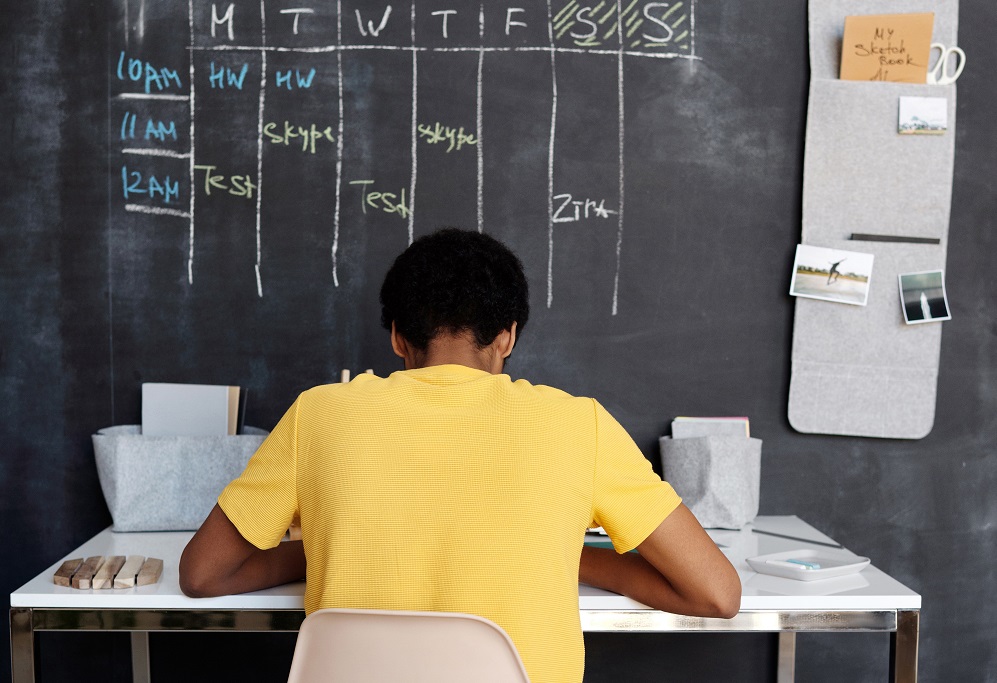Ofsted Finds Pandemic Has Impacted Academic Progress

A recent – and worrying – report from Ofsted alleges that the pandemic has not only seen most children in England take a backwards step in terms of learning, some have also seen regression with their social skills.
In the report, which is the second in a series on COVID-19, Ofsted expresses serious concerns about the effects of the pandemic on education. Through their assessment of 900 schools and social care settings (which Ofsted inspectors visited after the re-opening of schools in September), Ofsted have found that whilst children with good support mechanisms in place have coped reasonably well, many children have lost out. They place particular emphasis on those children whose parents are unable to work flexibly – and as such are unable to devote significant amounts of time to supervising their child’s learning – as well as children with special educational needs and disabilities, who they conclude have been ‘seriously’ affected due to a lack of vital support.
The watchdog also warns that some young children have forgotten how to use a knife and fork; and, in older children, they have noted a marked loss of ‘stamina’ when it comes to reading.
In addition, Ofsted is particularly concerned about children who are at risk of neglect and abuse, noting that child protection referrals fell during the first lockdown and are still well below normal levels.
A big divide
One of the main – and most concerning – takeaways from the Ofsted report is the clear divide between children’s experiences during the pandemic.
Chief Inspector Amanda Spielman defines this by providing details of three main groups:
- Young children have been hit the hardest, with ‘regression back into nappies among potty-trained children’ a notable side-effect, as well as a step backwards in terms of words and numbers.
- The majority of children in the middle have also slipped back in learning.
- There are some for whom lockdown has been a positive experience, enjoying a greater sense of ‘togetherness’ and more time spent as a family. As we at Mentor Education have noted, too, there are some children with learning differences who have found a home environment (and online tuition) a more conducive space to learning.
While many children have neither thrived nor suffered, Spielman makes it clear that there has been ‘a negative impact, particularly on their educational development.’ Lost learning is ‘unarguable’ but also ‘hard to assess’. It’s vital, therefore, that educators identify ‘exactly what children have not learned from the planned curriculum and what is essential for their next steps’.
Home learning remains a cause for concern – not least because of the impacts on social connections and emotional and mental wellbeing. Spielman comments on the popularity of online gaming, and the fact that – after months spent at home – it has impacted drastically on established social networks in schools. Whilst there have been reports about improvements in behaviour, leaders have also noticed that ‘online squabbles while schools were closed are now being played out in classrooms.’
Concerningly, leaders across ‘several schools’ reported increased cases of ‘self-harming’; ‘eating disorders’ and ‘increased attachment to [the student’s] parents or home as a result of being at home for so long’.
We’re here to help
This has been a challenging and unprecedented year; and the long-lasting effects of the pandemic are still unclear, particularly when it comes to our children. Extra care must be taken to ensure that they not only recover, but go on to thrive in a post-Covid world.
Here at Mentor Education, we’re pleased to support students and parents through their journey. The wellbeing of our clients is our top priority, and we want to ensure that every child feels capable, confident, and well looked after. Our roster of exceptional tutors – many of whom are heads of department in leading London schools – know the curriculum inside out, and are able to adjust their tuition methods to your child’s preference. This ensures that – whatever the circumstances – your child will have the best chance of academic success.
When so much feels uncertain, our clients are relieved to know that our dependable, expert team are on hand to guide and advise – whatever happens next. Don’t hesitate to get in touch to discuss how we can help your child get back on track.